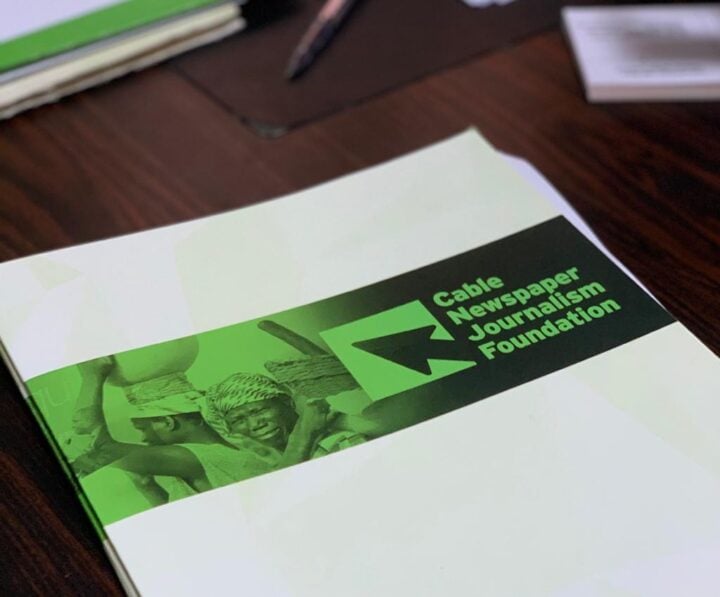Osagie Okunbor, managing director of Shell Petroleum Development Company of Nigeria (SPDC), says the company detected and removed 460 illegal connections on the Trans Niger Pipeline (TNP) before resuming operations after a one-year shutdown.
The TNP, operated by SPDC, is a major pipeline capable of transporting about 180,000 barrels of crude per day to the Bonny export terminal.
Speaking at the 2023 Nigeria international energy summit in Abuja on Tuesday, Okunbor said the TNP remained shut for one year due to the massive crude oil theft on the pipeline.
Okunbor asked the in-coming administration to prioritised the security of oil infrastructure.
Advertisement
He said Nigeria was not short of frameworks and written documents on how to tackle the various challenges in the oil sector.
The managing director noted that the decade of gas document, for example, included steps to deepen gas use, but implementation remained a challenge.
“What keeps me awake today as regards my onshore business in Shell is the fact that we cannot operate a pipeline, and that’s what is responsible for the 60 percent capacity. I think today that is almost just how much gas we can supply,” he said.
Advertisement
“And this is because one of our key gas infrastructures — the TNP — was shut down for one year; we removed 460 illegal connections on that line. We just reopened that line. Today we are struggling to catch up with our first programme.”
Okunbor said the loss was often viewed as affecting Nigeria’s oil production quota to the Organisation of Petroleum Exporting Countries (OPEC).
He stressed that the situation was also having devastating implications on the supply of gas to the Nigeria Liquefied Natural Gas (NLNG).
“So, if you ask me what the number one issue has to be for the incoming administration, it has to be the security of oil and gas infrastructure. If you don’t fix it, then we have a huge problem on our hands,” Okunbor said.
Advertisement
On his part, Philip Mshelbila, managing director of NLNG Limited, pointed out that 40 percent of globally renowned gas firms’ capacity had been lying fallow due to theft.
He added that the lack of power to execute the recommendations and policies in various documents and laws of the oil sector had remained a challenge to the industry.
Last year, the Nigerian National Petroleum Company (NNPC) had said it detected illegal connection on the Trans Escravos pipeline looped to the 4-kilometre Afremo test line.
Advertisement






